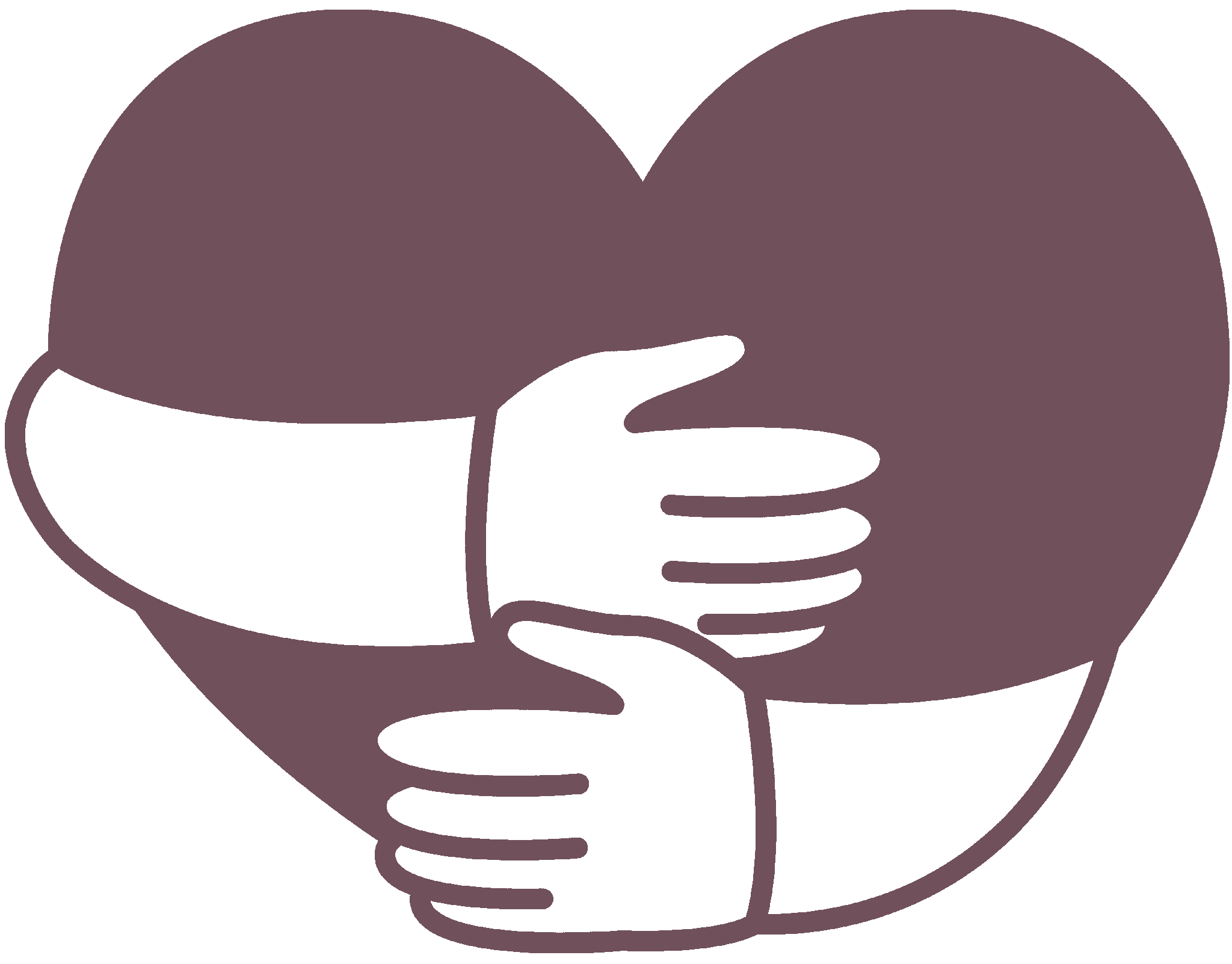What is Sadness?
The sadness stems from internalizing experiences or feelings of disadvantage, loss, despair, helplessness, or inadequacy. Anger, anxiety, and hopelessness are paired with sadness. It’s common for someone who’s feeling down to retreat from people and rely on their own company. Sadness is a feeling of emotional pain or discomfort that touches each of us at some point in life. It is often associated with low spirits, gloominess, and feeling down in the dumps. But in reality, it is a normal and natural emotion that helps us process complex life events. While sadness is a necessary emotion, it can also be overwhelming and debilitating if not suitably addressed, and prolonged sadness could be a symptom of a severe mental health condition, such as depression.
There is a wide variety of contexts in which individuals may feel unhappy. The passing of a relative or friend, the dissolution of a romantic partnership, the inability to secure gainful employment, or when you fail to meet an important personal or professional goal are some of the most typical triggers. On the other hand, there may be more intangible factors at play, such as a general sense of being burdened by life or a nagging feeling that one is not good enough.
What causes the Emotion of Sadness?
Loss, disillusionment, rejection, loneliness, life changes, and mental health issues are a few of human melancholy’s many causes. Many different factors might contribute to a person’s feelings, including but not limited to the following:
- Loss – Sadness can result from mourning the loss of close someone, whether via death, divorce, or other reason.
- Disappointment – Feeling disappointed over the outcome of an event, such as a job interview, can also cause sadness.
- Rejection – Experiencing rejection, whether in a personal or professional setting, can lead to unhappiness.
- Loneliness – Sometimes, sadness can stem from a feeling of loneliness, isolation, or disconnectedness from others.
- Life Transitions – Big life changes, such as moving to a new city or starting a new job, can also be a source of sadness.
- Mental health conditions – Disorders of the mind such as depression, anxiety, and post-traumatic stress sometimes manifest themselves with feelings of sadness.
Experiencing any of these things can trigger feelings of sadness. Additionally, sometimes people experience sadness for no specific reason. This is often referred to as clinical depression, a severe medical condition requiring treatment. It is essential to understand why we feel sad, as this can help us to manage our emotions in healthy ways. When we can understand the real reason behind our sadness and its triggers, we can develop coping mechanisms that work for us. Additionally, seeking professional help when our sadness is overwhelming is incredibly important.
What is Sadness trying to Tell You?
It is important to remember that sadness is a natural emotion, and there is nothing wrong when you feel sad. The advent of grief may signal that something in your life is not going as you had hoped or expected. It provides an opportunity to take a break from the stressful aspects of your life and take action to address the underlying issue. So long as you give yourself permission to be unhappy, you will discover that your attitude has improved with time.
For example, if you are feeling sad because you lost a loved one, it may be a sign that you need to grieve and process the loss. In general, sadness is trying to tell you that you are experiencing something that is causing emotional pain or discomfort, and it is vital to take the time to understand and address what is causing your sadness.
Furthermore, sadness can also serve as a way for your body and mind to process difficult emotions and experiences. When we feel sad, our body and mind go through various physiological and psychological changes that can help us cope with the negative experience and move forward. For example, feeling sad can lead to changes in our heart rate, breathing, and blood pressure, which can help us to calm down and relax. It can also lead to changes in our thoughts and behaviors, such as a desire to withdraw from others or to engage in self-care activities.
By allowing ourselves to feel sad, we can give our body and mind the time and space they need to process the emotions and experiences causing the sadness. Because if you keep on repressing your sadness and forcefully try to manipulate yourself, this might develop into a severe psychological issue or sickness eventually.
How to Deal with Sadness?
Acknowledge your sadness, accept that you’re sad, and give yourself permission to feel that way. Don’t be afraid to express your feelings of sadness, loneliness, and depression. Complain about your issues. Have a conversation with someone who will listen, whether a friend, family member, therapist or bystander. When you’re feeling down, it might help to open up about what’s bothering you and how you feel.
Here are some healthy ways to realize and process your emotion of sadness –
Write about your sadness. Writing can be therapeutic. Write in a journal, blog, or even just on a piece of paper. Write about what’s making you sad and how you’re feeling.
Crying can be purifying. Let yourself cry when you need to. It’s okay to cry.
Listen to sad music. Sometimes, it can be healing to listen to music that reflects your low mood.
Watch sad movies. Watching sad movies can make you feel better by giving you a sense of connection to others who are experiencing similar sadness.
Read sad books. Reading about sadness can help you understand your own sadness and can provide comfort.
Take a sad walk. When you are feeling down, getting out into the fresh air and seeing some natural beauty can often be therapeutic. Take a moment to appreciate the natural splendour surrounding you as you inhale the crisp air.
Spend time with animals. Animals can offer companionship and unconditional love. Spend time with a pet or visit a farm or zoo.
Give yourself time. The wounds left by sadness do not always heal quickly. Give yourself the necessary amount of time to get healthier.
Feeling sad is a familiar and natural feeling that everyone goes through at some point. However, if this feeling of sadness and lowness is persistent and is interfering with regular and daily life, then it is high time to seek professional help. A health professional can assess your symptoms, provide the resources, and support you need to feel better.
In conclusion, sadness is a natural and normal emotion we all experience at various times. Many internal and external factors can make us sad and can be somewhat challenging to deal with. But it is essential to remember that it is a transient state, and we are fully capable of handling and managing it. By recognizing and acknowledging sadness as a regular aspect of life, we can learn to cope healthily and productively.


